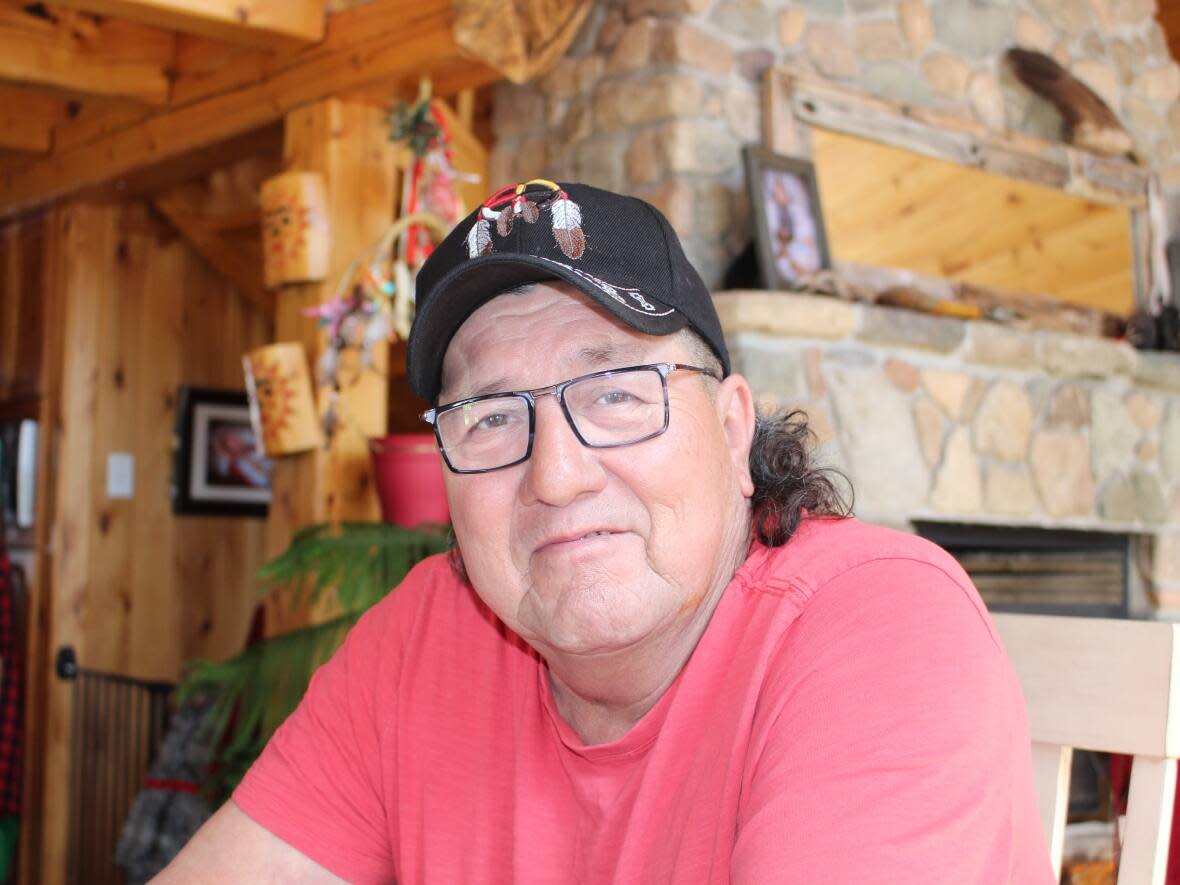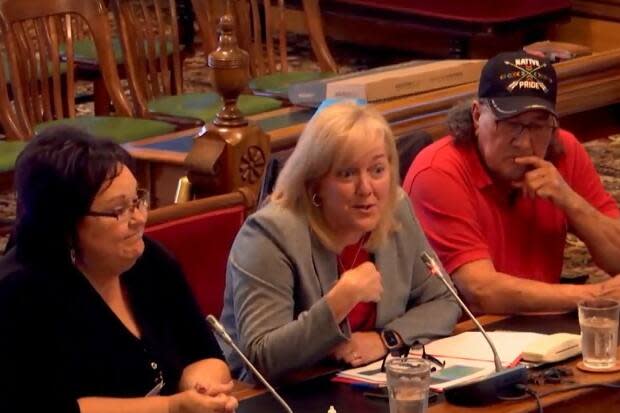Mi'kmaw elder wants more funding for fetal alcohol syndrome treatment in First Nations

A service model that supports youth with fetal alcohol spectrum disorder is making a positive difference in First Nations communities, but more resources are needed to make access to it more equitable, says a Mi'kmaw elder.
MLAs heard from Noel Milliea of Elsipogtog First Nation, as well as staff from Vitalité Health Network, about the positive work done through the Fetal Alcohol Spectrum Disorder Centre of Excellence, formed in 2012 to deliver services to families and youth affected by the disorder. The disorder results from alcohol use during pregnancy and can cause severe developmental delays in children.
While families from all 15 First Nations in New Brunswick have access to the centre, there aren't enough staff to diagnose and treat everyone who needs help, and there are fears that some youth could fall "through the cracks," said Milliea, speaking during the legislature's select committee on accessibility Tuesday.
"Unfortunately, us not being able to service these amazing young children with these gifts growing up, all of a sudden they enter into another society, and unfortunately, this society is the penal institutions called prisons and jails."
Milliea said the program also needs better access to occupational therapists, speech therapists and other experts to help families with ongoing treatment.
In June, the provincial government announced an $800,000 boost to the Dieppe-based centre of excellence, with at least one advocate hoping the increased funding would help clear up a backlog in families waiting for a formal diagnosis.
The move was part of a five-year action plan the province released in February 2021 to address addiction and mental health services.
The dreamcatcher model
Dr. Nicole LeBlanc, Vitalité's chief of staff and medical director for the for the centre, told MLAs her staff consulted with First Nations leaders on the best way to deliver services in their communities and ended up with the dreamcatcher model.

The model has staff from the centre of excellence go into First Nations communities to build relationships with elders, school staff and social workers to create a holistic plan that ensures a child is properly diagnosed, has a safe home environment and that their family will be looked out for by someone from the community.
"Having a dreamcatcher is having the people from the community who are in a relationship with the individual who needs help, who will come together and see how to help this specific individual and … we base our model on the way of acting in the First Nations that includes love, confidence, honesty," said LeBlanc, speaking in French.
LeBlanc said through this process, use of the program among First Nations families has grown from four or five per year to more than 25.
She said in one instance the program kept a youth out of jail, when a judge agreed to allow them to go back into the community upon assurance that they'd be looked after under the dreamcatcher model.
Need for sustained provincial funding
Toward the end of the session, Green Party Leader David Coon asked what recommendations could be brought before the legislature, including whether the province should be providing sustained funding for the program in First Nations communities.
"I'm going to say yes," said Annette Cormier, provincial program manager for the centre, in response.
Cormier said the centre of excellence currently relies on Indigenous liaisons, however with more funding, a co-ordinator could be hired for each First Nations community.
"Definitely, to have a co-ordinator in each community would be ideal because right now, for us, that's the channel to be able to get access to those delivery services and make sure the right people are at the table at the right time to meet the immediate need of the client," she said.
LeBlanc said her dream is to have diagnostic centres in all regions of the province.
"We don't want to be a centre of excellence where we do everything, but we want to capacity-build within the regions," she said.
CBC News asked the Department of Health whether it's considering providing more funding for the program and is awaiting response.


